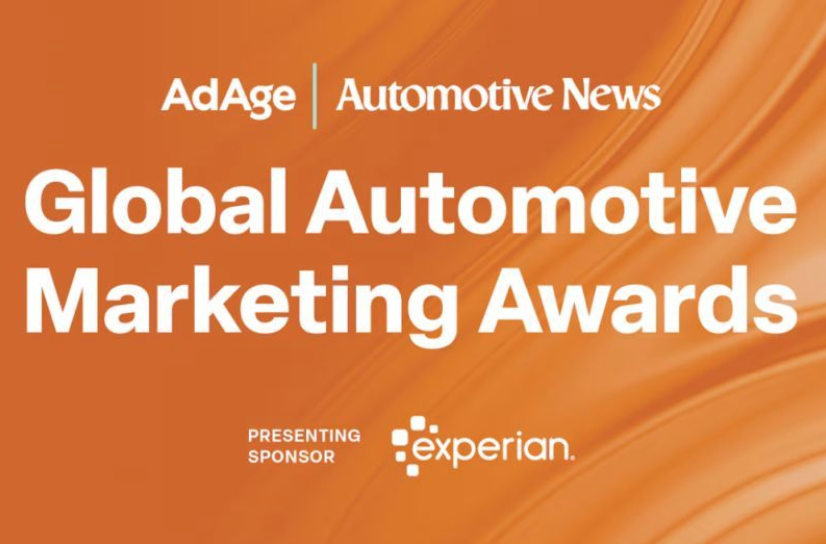For auto dealerships, the roar of engines and the clink of deals used to be the only sounds associated with financial risk. But in today’s world, a silent threat lurks in every showroom: identity fraud. This insidious crime is costing dealerships millions, leaving a trail of financial and reputational wreckage in its wake.
The Numbers Don’t Lie:
Reports of the impact of identity fraud on auto dealerships are becoming more common as the industry leans more heavily on digital retailing. According to the Federal Trade Commission, nearly 80,000 cars were stolen in 2023 via fraud.
Who’s Behind the Wheel?
The perpetrators of fraud come in all shapes and sizes. While classic ID theft with stolen documents still exists, the real menace lies in synthetic identities: Frankenstein accounts cobbled together from stolen data and fake documents. These sophisticated creations can fool even the most vigilant dealership, resulting in high-value car loans taken out on non-existent people.
The Ripple Effect:
The consequences of identity fraud extend far beyond lost cars. Dealerships face:
- Financial losses: Wrecked credit and repossessions add up quickly.
- Operational headaches: Investigations and legal proceedings are time-consuming and costly.
- Reputational damage: News of fraud breaches trust and scares away potential customers.
So, What Can Dealerships Do?
Arming themselves with the right tools and practices is crucial. Here are some key steps:
- Invest in identity verification technology: Advanced document scanning, and facial recognition can crack down on fake licenses. Experian’s Fraud ProtectTM leverages cutting-edge technology to compare licenses to selfies to confirm consumers are who they say they are AND their license is valid.
- Train staff on fraud detection: Fraud Protect takes the challenge out of identifying fraud in a very simple way. There is no hardware or extensive training. It is as simple as sharing a URL and reading the results in your CRM.
- Implement stringent verification procedures: Fraud Protect allows dealers to implement fraud identification measures in a frictionless manner. As simple as one-time passcodes, selfies, and taking pictures, the consumer experience is very smooth. For automotive dealers, the results are returned to their CRM within a few moments including all the information they need for proper decisioning.
Fighting Back, One Mile at a Time:
Identity fraud is a growing problem, but auto dealerships are not powerless. By raising awareness, investing in security, and embracing vigilance, dealers can protect themselves and drive this silent threat off the road. With Fraud Protect, dealers can verify documents and identity in a frictionless manner that does not interrupt the sales process.
Learn more about auto fraud prevention solutions available or contact us to get started.
*This article includes content created by an AI language model and is intended to provide general information.



